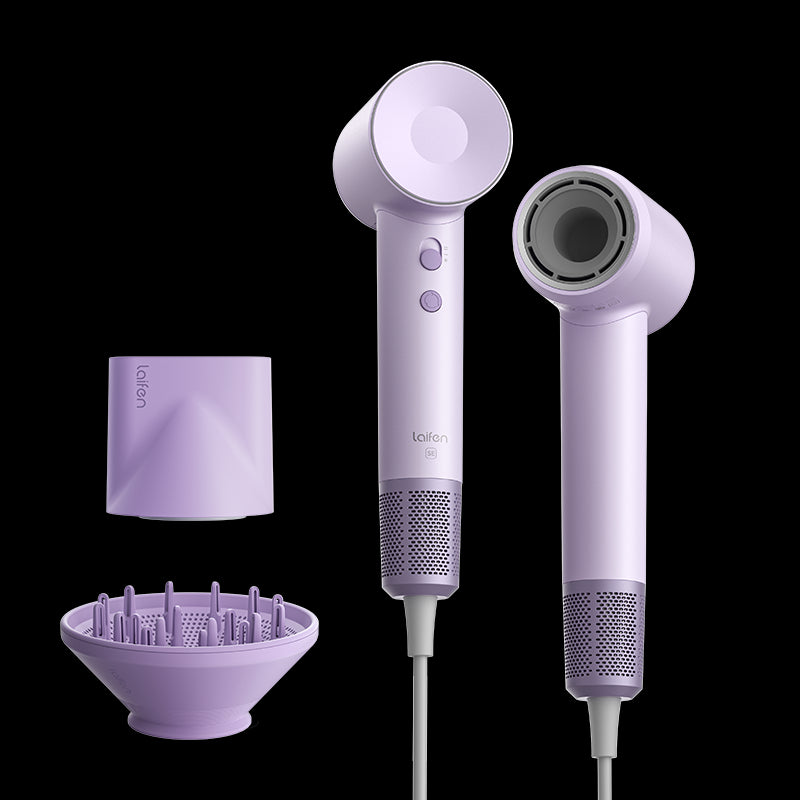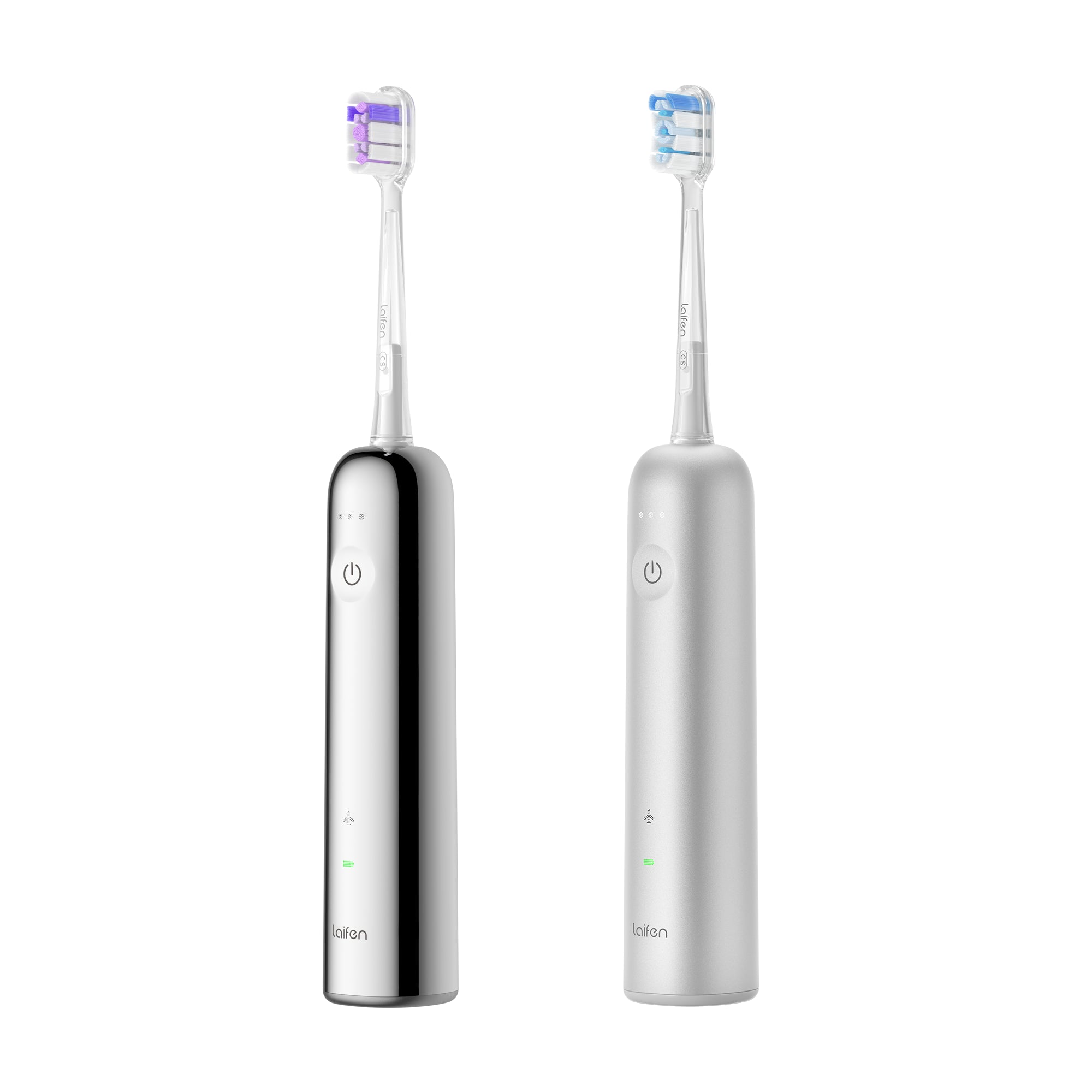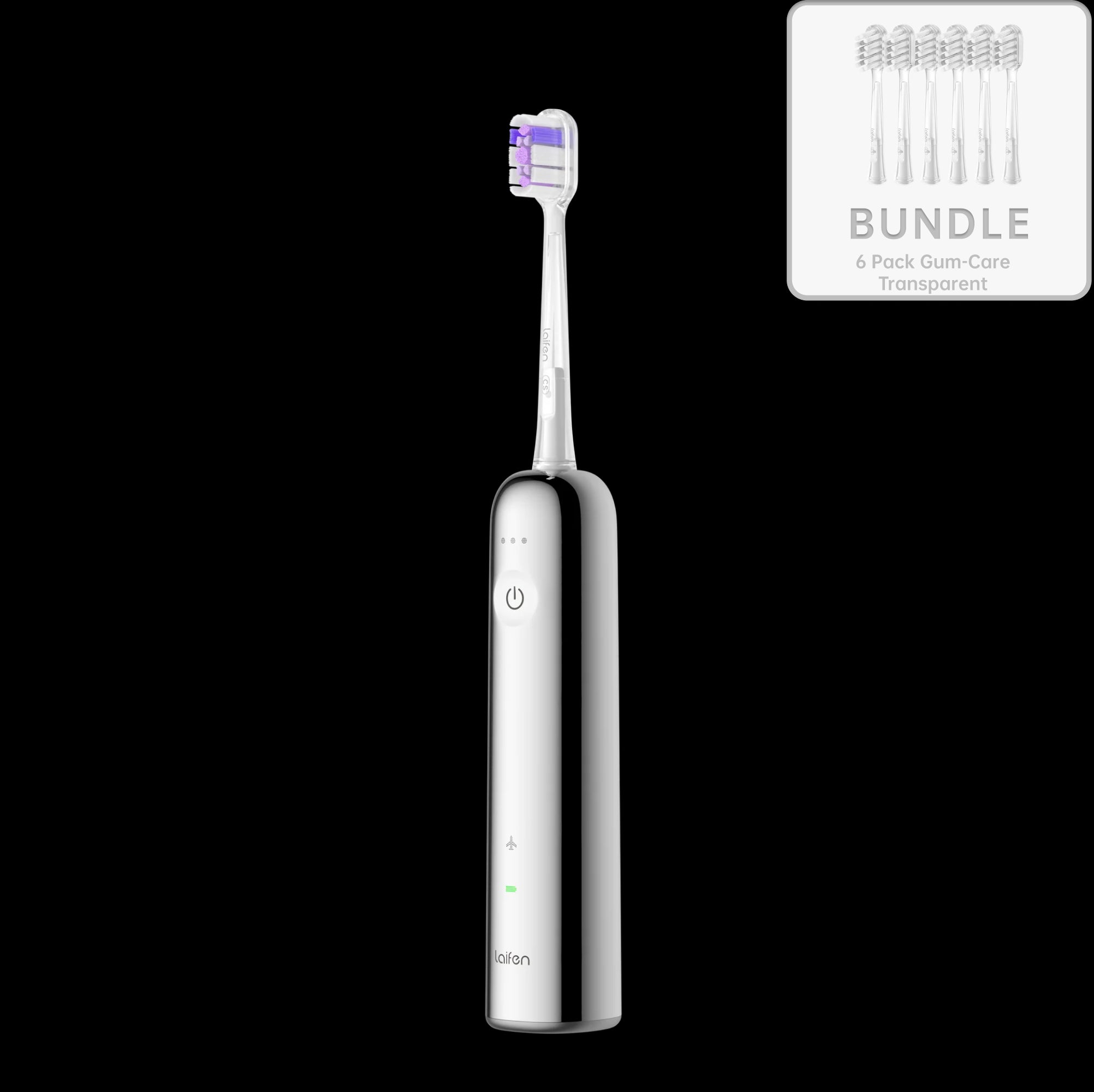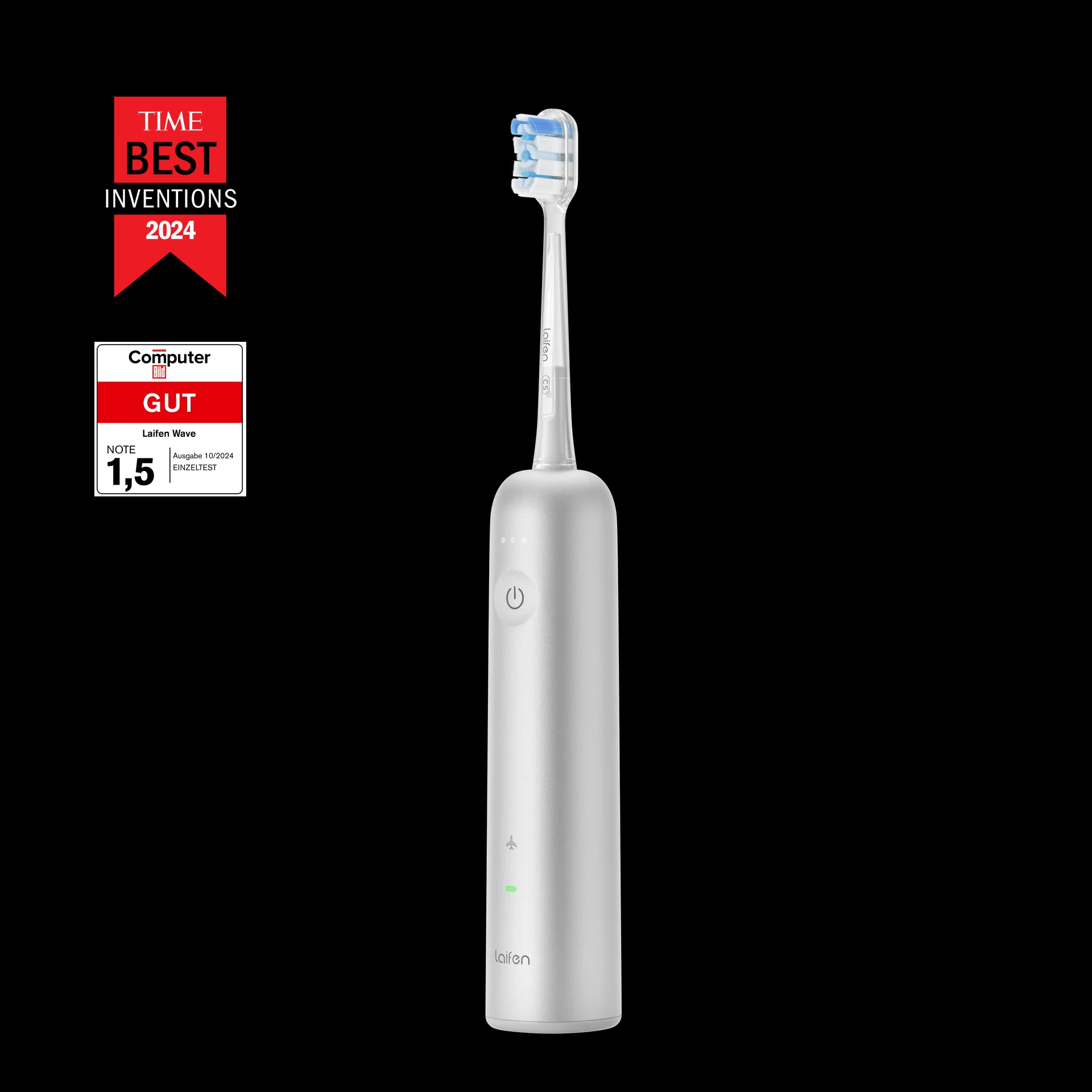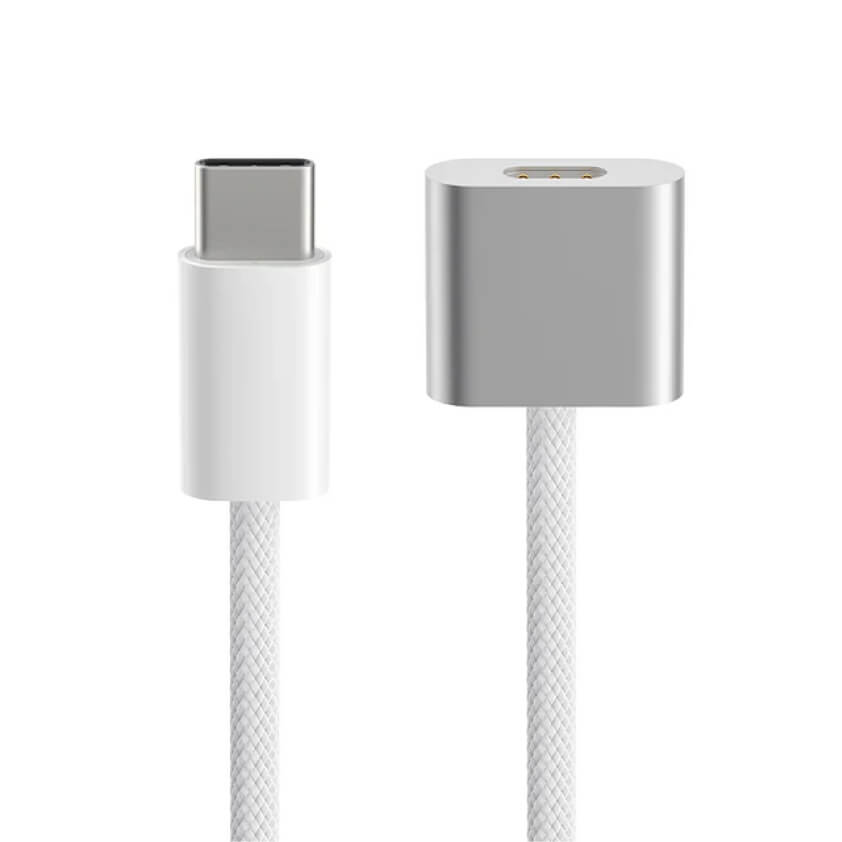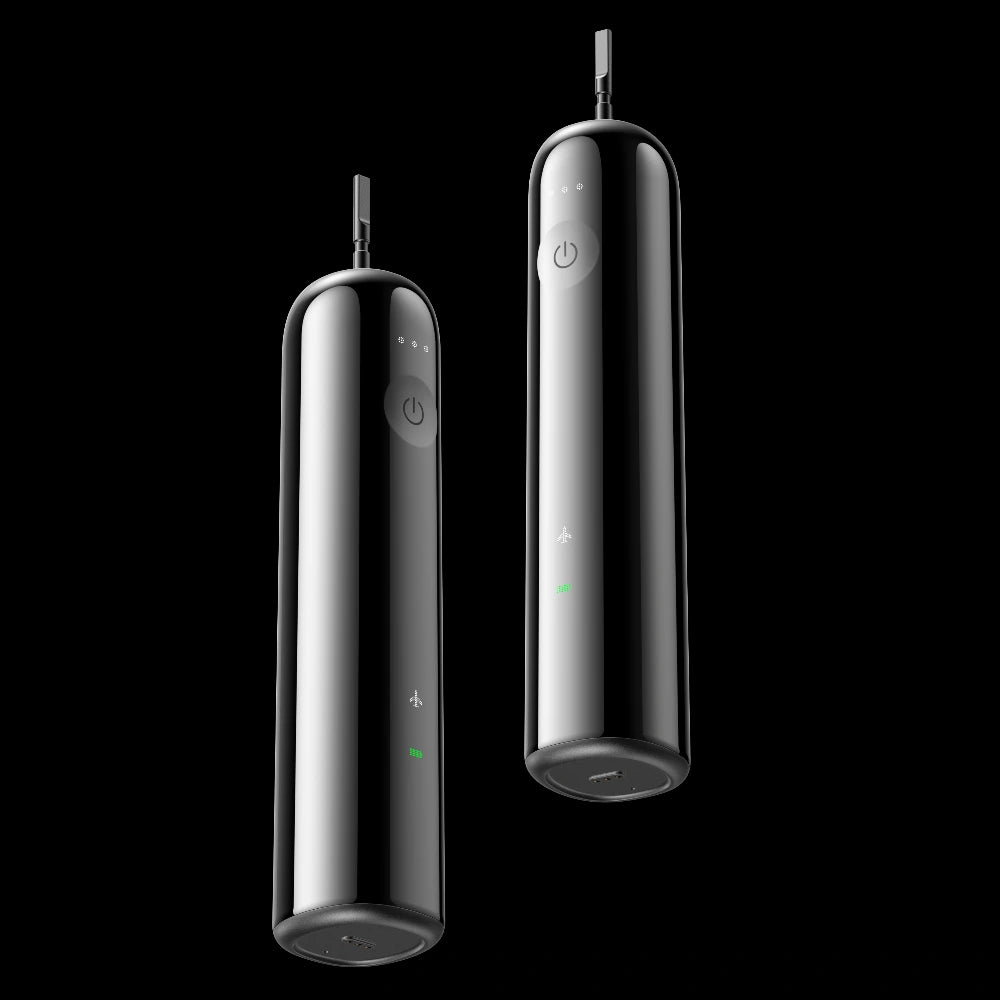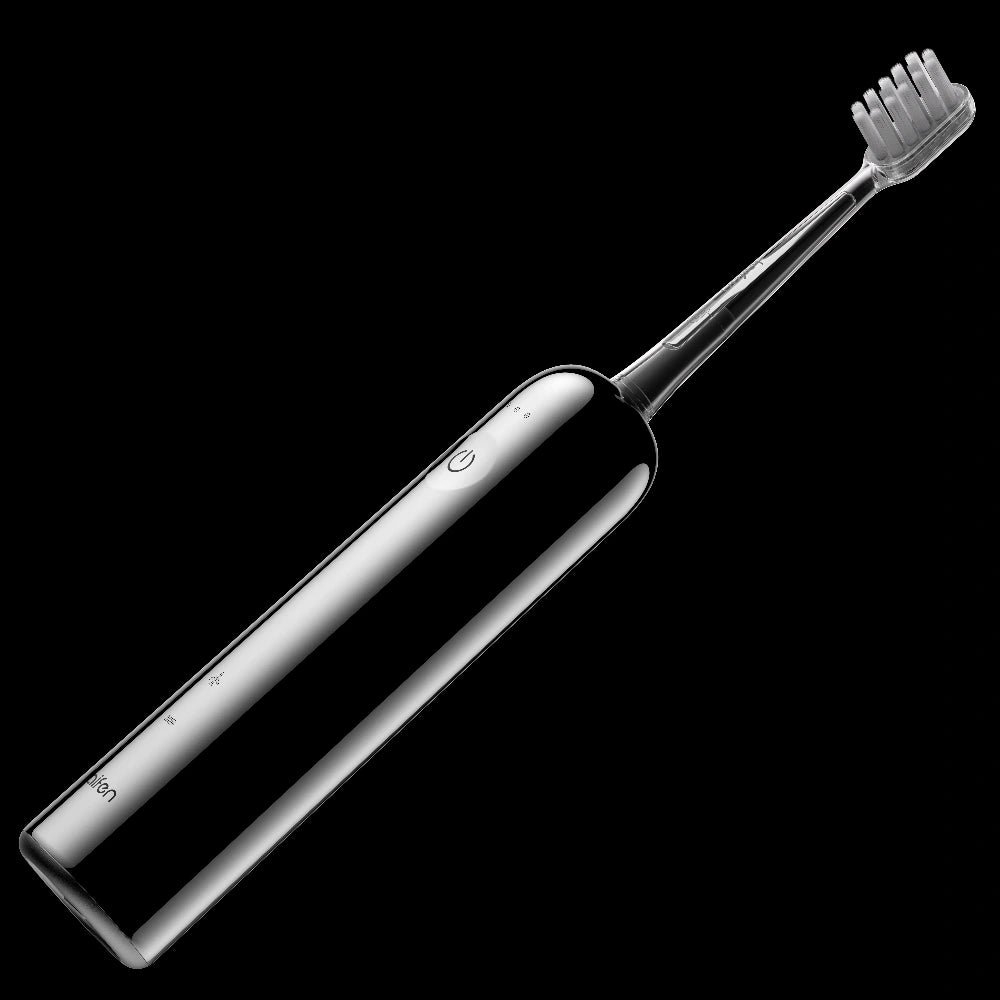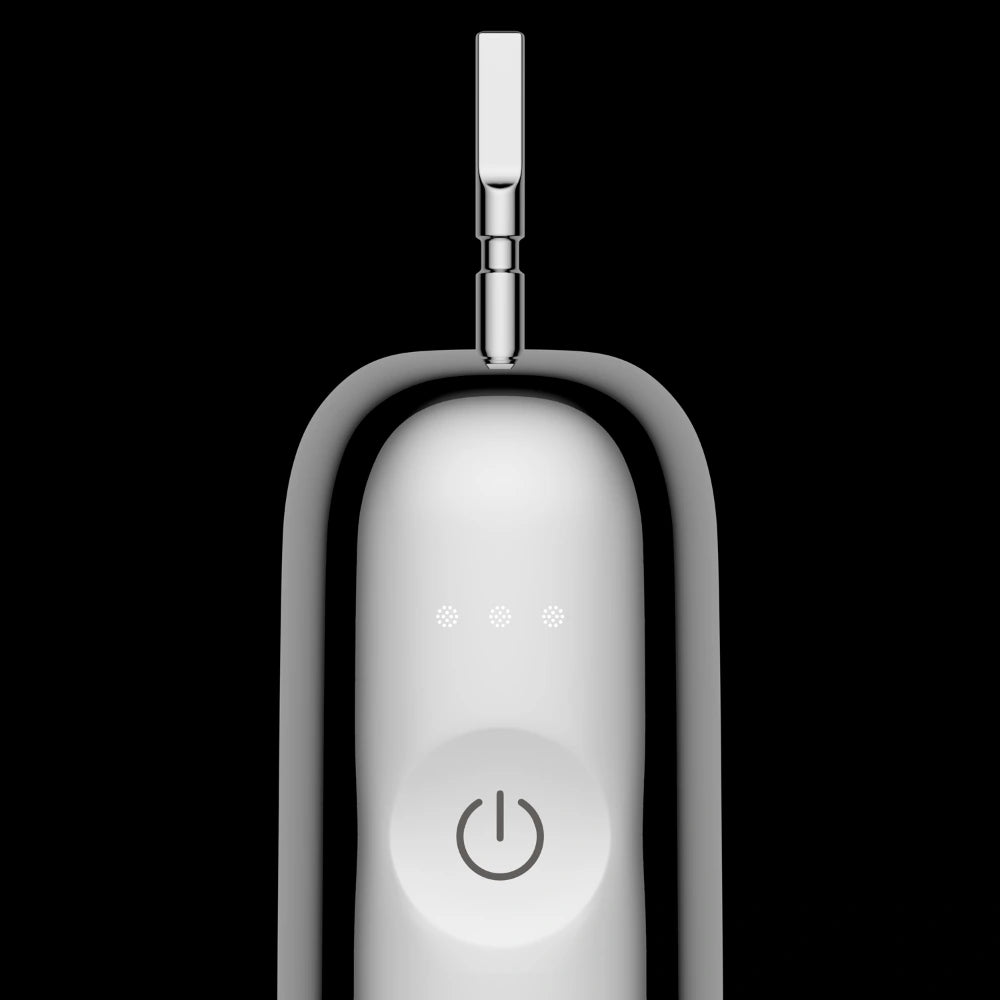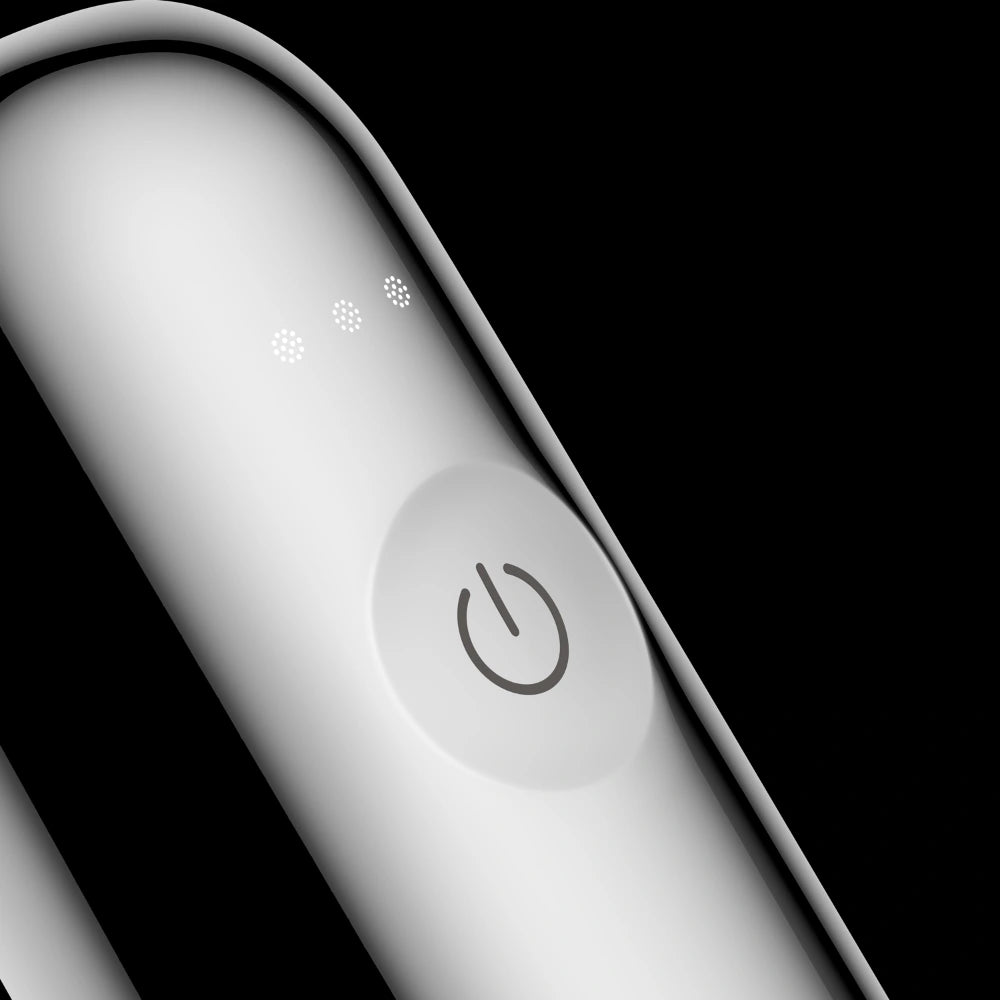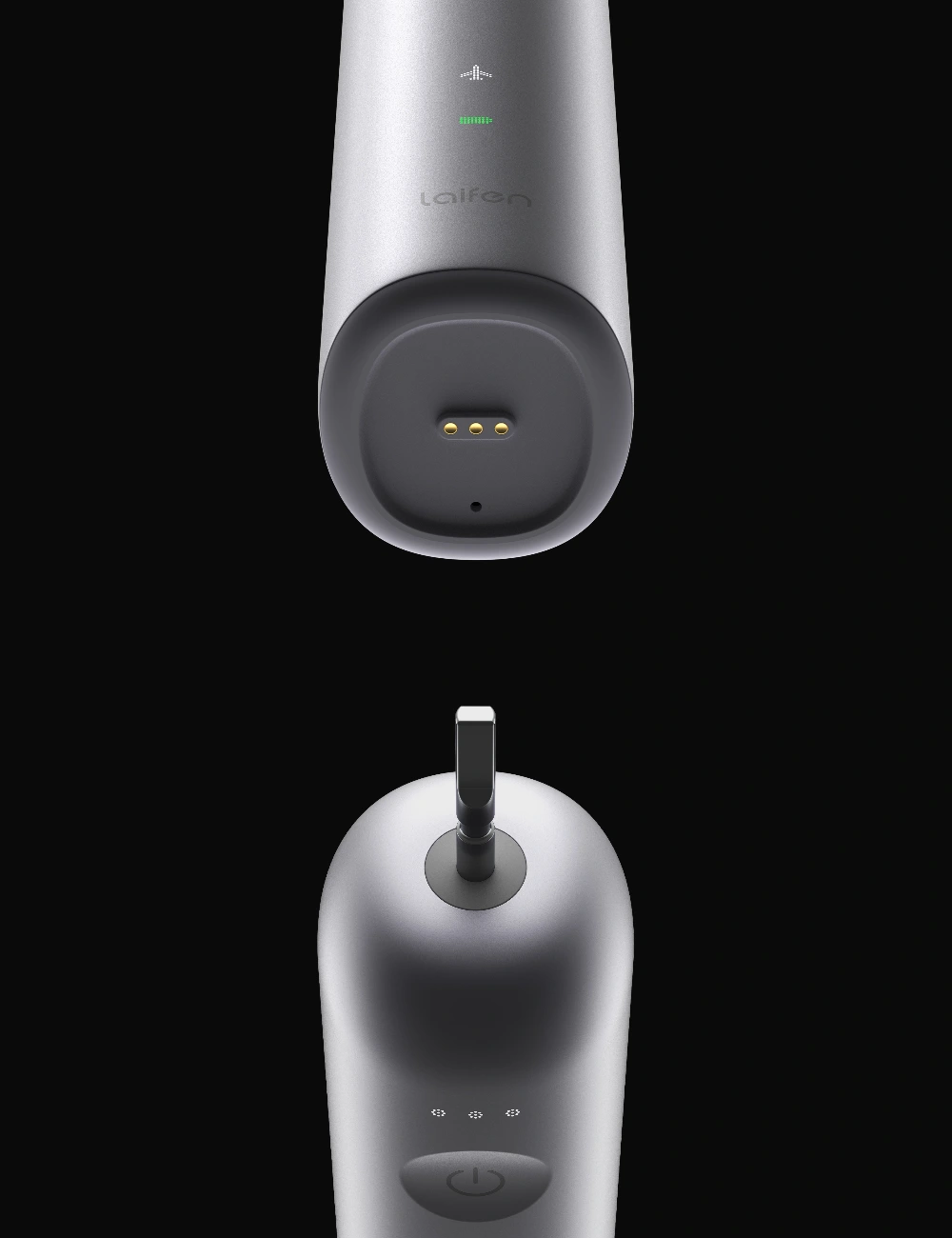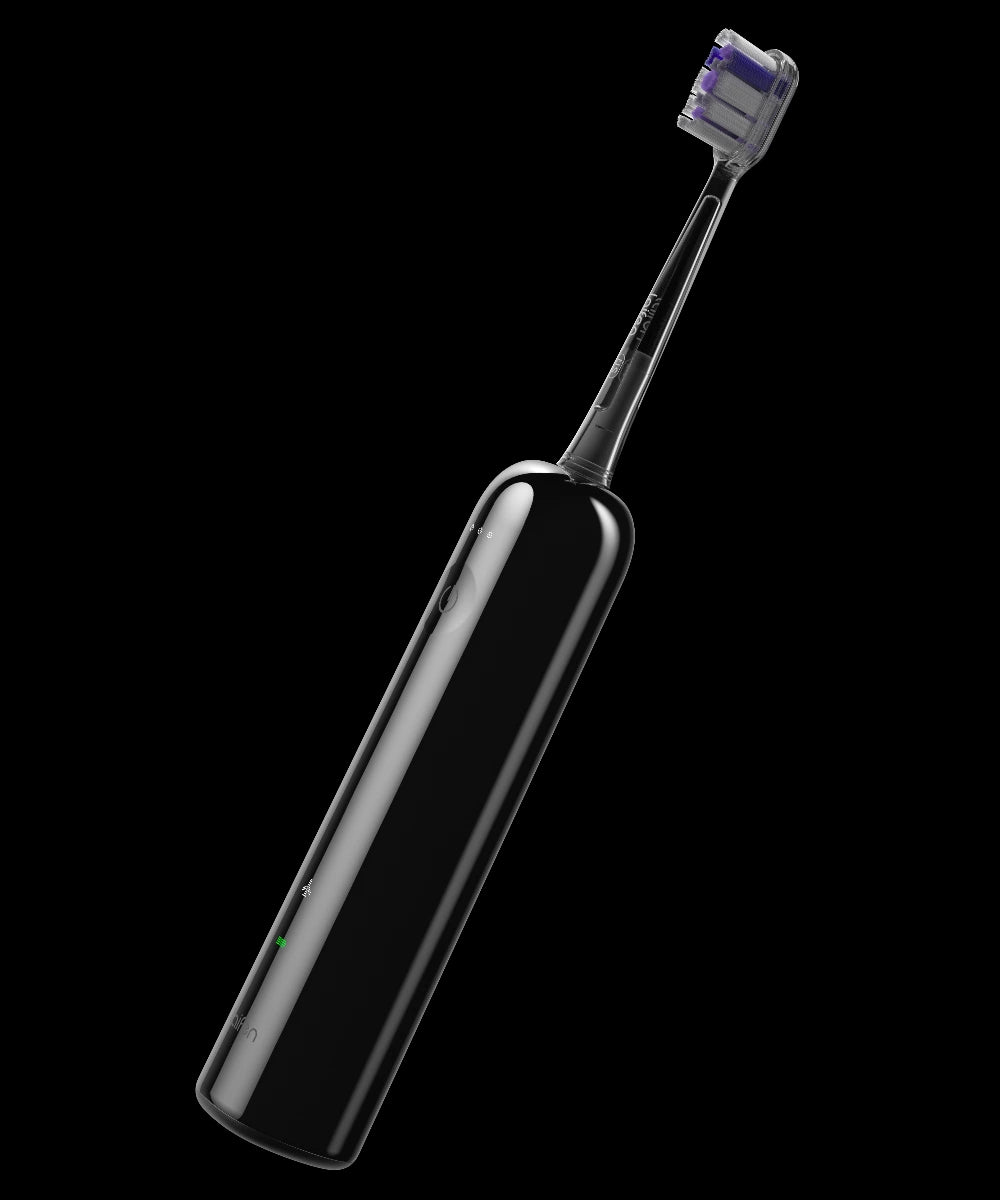
In this article
Have you pondered if a toothache could be behind that throbbing headache? It's no coincidence! Toothaches, often caused by dental issues like cavities or infections, can trigger headaches due to shared nerve pathways. When dental pain signals travel to the brain, they can intertwine with headache signals.
[See also: Can a toothache cause ear pain?]
So, the next time you're battling a headache, think about if your teeth might be the unexpected culprit! You're able to know more about this in the following, and how to relieve your headache caused by toothache.
Can a tooth infection cause dizziness?
When a tooth becomes infected, it's due to untreated tooth decay or a dental injury that has exposed the inner pulp of the tooth to bacteria. As the infection progresses, it can spread from the tooth to the surrounding tissues and then causes inflammation and swelling in the gums and jawbone.
In some cases, this inflammation can extend to nearby structures, such as the sinuses or inner ear. The inner ear contains the vestibular system, which helps regulate balance and spatial orientation. When the inner ear becomes inflamed or infected, it can disrupt the signals sent to the brain regarding balance.
Additionally, the inflammation associated with a tooth infection can also affect the temporomandibular joint (TMJ), which connects the jawbone to the skull. TMJ dysfunction can contribute to symptoms such as dizziness, headaches, and ear pain.
In some cases, your dentist may also refer you to an ear, nose, and throat specialist (ENT) or a neurologist for further evaluation if the dizziness persists after dental treatment.
Can toothache cause migraine?
Surely, a toothache can result in a migraine. Toothaches are often associated with inflammation and irritation of the nerves in the affected tooth and surrounding tissues. This can cause localized pain, as well as referred pain that radiates to other areas of the head and face.
When the nerves in the mouth and jaw are stimulated due to a toothache, they can activate the trigeminal nerve, which is responsible for sensation in the face and head. The trigeminal nerve is closely linked to the neurological pathways involved in migraines.
In some cases, the stimulation of the trigeminal nerve by a toothache can trigger a chain reaction that results in the onset of a migraine headache. This can occur due to the release of certain chemicals and neurotransmitters in the brain that are associated with migraine development.
How to manage a toothache and headache?
Here are four ways to manage a toothache and headache:
Way 1. Over-the-counter pain relief
Step 1: Obtain non-prescription pain relievers such as ibuprofen or acetaminophen.
Step 2: Follow the recommended dosage instructions on the packaging.
Step 3: Take the medication with a glass of water as directed.
Way 2. Cold compress
Step 1: You can prepare a cold compress or ice pack by wrapping ice in a cloth or towel.
Step 2: Now, add the cold compress to the affected side of the face.
Step 3: Hold the compress in place for 15-20 minutes.
Step 4: Take breaks between applications to prevent skin irritation.
Way 3. Saltwater rinse
Step 1: Mix a teaspoon of salt into a glass of warm water until it dissolves.
Step 2: Take a small sip of the saltwater solution and swish it around in your mouth for about 30 seconds.
Step 3: Spit out the solution and avoid swallowing.
Step 4: Repeat the rinse several times a day.
Way 4. You can choose to maintain good oral hygiene
Step 1: Brush your teeth twice a day using a soft-bristled toothbrush and fluoride toothpaste.
Step 2: Floss daily to remove food particles and plaque from between your teeth and along the gumline.
Step 3: Rinse with an antiseptic mouthwash.
When to see your dentist?
If you experience any of these symptoms, you have to schedule an appointment with your dentist as soon as possible. Early intervention and treatment can help prevent dental problems from worsening and ensure optimal oral health and well-being.
-
Persistent or severe toothache: If you have a toothache that lasts for more than a day or becomes increasingly severe.
-
Swelling or inflammation in the gums or jaw: Swollen gums or jaw swelling can be a sign of infection or abscess.
-
Sensitivity to hot or cold temperatures: If you experience sudden or intense sensitivity to hot or cold foods and beverages.
-
Loose or damaged teeth: Loose teeth or teeth that are damaged or cracked.
-
Bleeding gums: Bleeding gums, especially when brushing or flossing.
-
Persistent bad breath or taste: Persistent bad breath or an unpleasant taste in the mouth.
-
Jaw pain or clicking: Persistent jaw pain, clicking, or difficulty chewing or opening your mouth may be signs of temporomandibular joint (TMJ) disorder or other dental issues.


